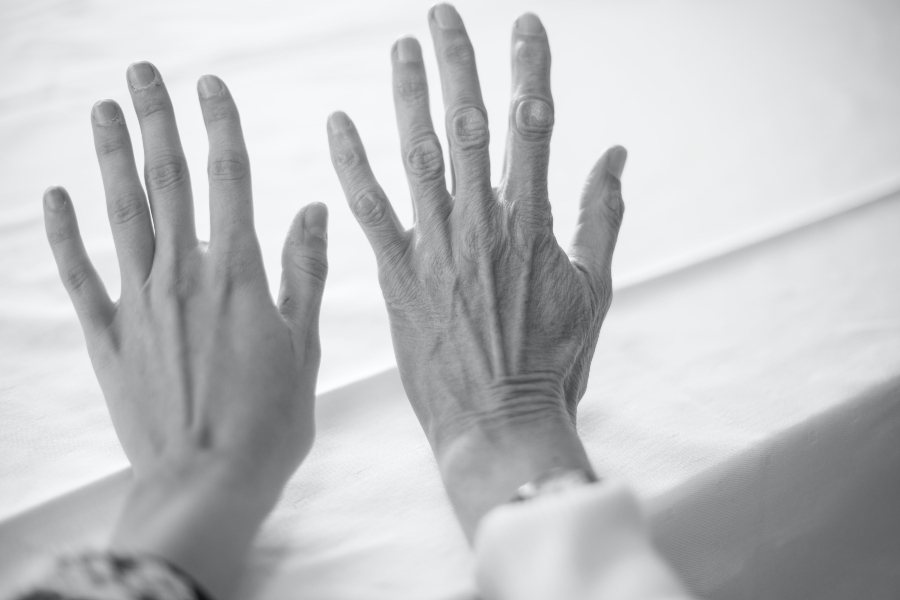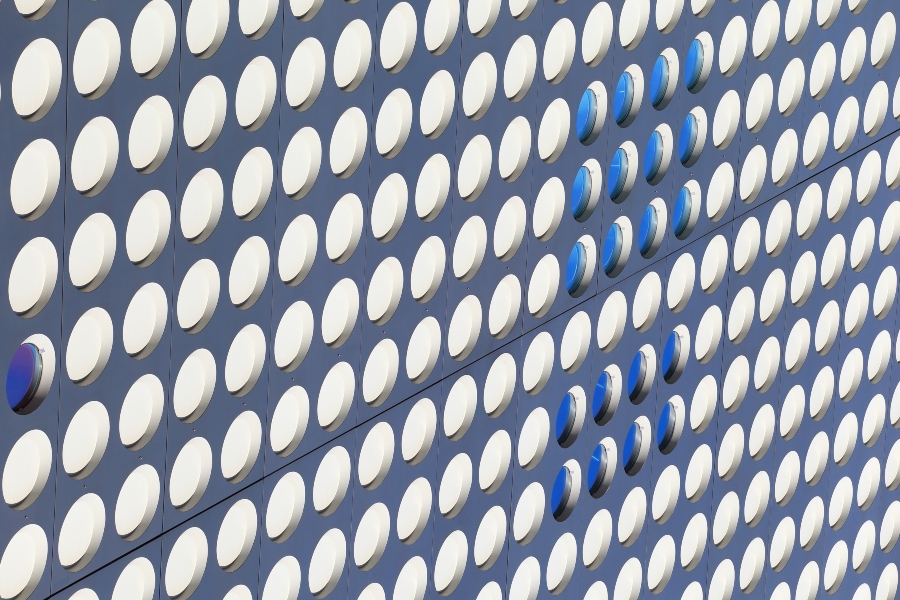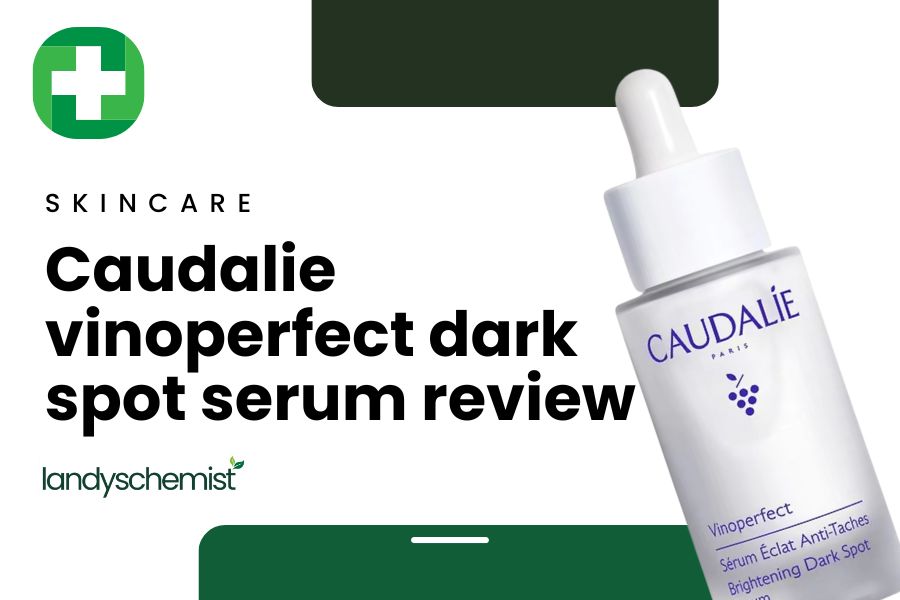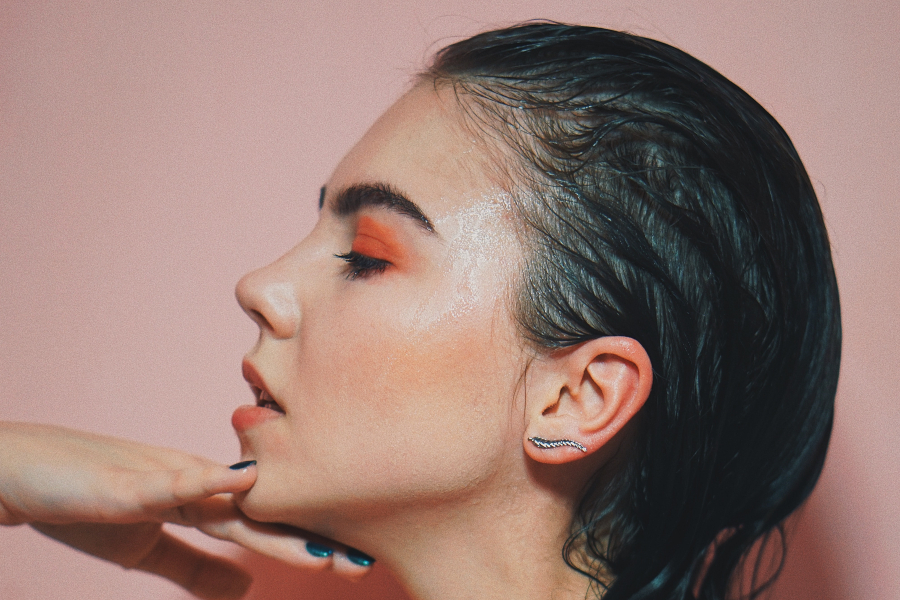
How Moisturisers Alleviate Facial Skin Problems
Facial skin problems can affect everyone. But what many people don't realise is that facial moisturisers can play an important role in helping you deal with those issues. Moisturisers aren't the only solution, but they are a key part of it.
Using expert advice and findings from the latest skincare studies, we explain the benefits of moisturisers when dealing with a range of common facial skin problems, from acne to wrinkles.
Table of Contents
Common Skin Problems
There are lots of common skin problems, some temporary and some long term. Facial skin problems in particular can cause distress, discomfort and even pain. Some of the most common skin complaints that beauticians, dermatologists and skincare experts hear about include:
- Acne
- Eczema
- Sensitive skin
- Blemishes
- Irregular Pigmentation
- Scarring
To help maintain your skin's health and make sure that you aren't dealing with serious facial skin problems, you should find the right moisturiser and use it regularly to support your skin.
If you are dealing with a skin issue that persists and goes beyond spots or mild irritation, it is recommended you speak to your GP to get the right medical solution.
Can Moisturising Improve Your Skin?

Yes, moisturising can help to improve your skin. It is the foundation of a great facial skincare routine for two key reasons. First, moisturiser creates a barrier that protects your skin from irritation. Second, it improves skin hydration, preventing dryness.
While you might think our skin should be able to deal with our environment and climate, after all humans have been around for thousands of years, we are actually living in a world our skin has yet to evolve to cope with. Humans have created industrial cities with smoke pollution, which we have to deal with on top of naturally skin-damaging environmental factors, like the sun's rays. Air-pollution is even changing our skin pigmentation, whether we like it or not.
So giving your skin added protection, be it with sunscreen or a moisturiser, is a fundamentally logical choice.
Moisturiser Reduces Skin Problems
Moisturisers combat extreme skin dryness as well as oiliness, neither of which are good for your skin.
Using the right facial moisturiser will reduce the chance of developing skin problems and will help you deal with skin problems when they do appear. The key here though is that you need to be using the right type of moisturiser.
The best face moisturiser to reduce your skin problems will match your skin type. There are four skin types:
- Dry – Your skin is naturally a bit drier to the touch, can be flaky or have dry patches.
- Oily – Your skin naturally has an extra sheen, often in the T-zone and around the nose.
- Combination – Your skin has both oilier areas and dry patches.
- " Normal" – Your skin does not have any particular oiliness or dryness.
What Skin Problems Can Moisturisers Help With?
Slow The Signs Of Ageing

Moisturiser is important at every age. Remember that skin damage has no age limits and often what we let happen to our skin in our youth can then become more visible as we get older.
If you want to do your best to slow the signs of ageing in your skin, ensuring you are using a good, skin-appropriate moisturiser is a must – that means both getting the right type of moisturiser for your skin and one that is formulated to work with your age.
Our skin naturally loses moisture, collagen and elastin as we get older, but it doesn't happen overnight. This is a progressive change. As you get older, particularly from 50+ years’ old, you'll want to adjust your moisturiser in line with your skin needs.
Facial moisturisers have formulas that are tailored to age brackets and contain specific ingredients, in set amounts, that aim to give your skin a top-up of what it is losing, relative to the decrease in vital nutrients and moisture you would expect.
Moisturiser Ingredients That Promote Healthy Ageing
Clinical Pharmacist and Facial Aesthetic Practitioner, Sonam Vaghela of SV Dermal Aesthetics, advises that there are a few key ingredients to look for in a moisturiser to help promote the healthy ageing of your skin. Naturally, you can't stop the ageing process but you can reduce the signs by taking care of your skin properly.
Ingredients include:
- Retinoids – "These increase collagen production and reduce fine lines and wrinkles."
- SPF – "Protects against sun damage, and prevents age/sun spots."
- Ceramides – "Lipids maintain the integrity of the skin barrier and hold skin cells firmly together."
- Vitamin C – "An antioxidant that neutralises free radical damage and boosts collagen production."
- Hyaluronic acid – "Maintains hydration and reduces the appearance of soft lines and wrinkles."
- Niacinamide – "Boosts collagen and elastin production."
Reduce Appearance Of Wrinkles

Slowing the signs of ageing can help to reduce the development of wrinkles in the skin. However, when thinking about reducing the appearance of wrinkles, we are often thinking about the short-term and more instantaneous ways of making your skin feel firmer and look plumper.
Does Moisturising Prevent Wrinkles?
Using facial moisturisers won't prevent wrinkles but it can reduce the visible appearance of wrinkles and fine lines. Moisturisers lock hydration into the upper layers of your epidermis. With more moisture in your skin, particularly if you are older and your skin is naturally lower in hydration, the plumping of your skin will smooth out the sunken lines of your wrinkles.
How Do I Get Rid Of Deep Wrinkles?
Getting rid of deep wrinkles isn't easy. The most common procedures are botox and fillers, which are effective, but have the additional consequence of changing your face. There are no quick and easy natural ways to get rid of deep wrinkles.
Face moisturisers can help rejuvenate your skin and using the right moisturiser from a young age, while avoiding skin damage from the sun and other sources of free radicals, can help you to reduce the development of wrinkles. Bear in mind that deep wrinkles are normal as you get older and to be expected.
Moisturiser Ingredients That Plump Your Skin
If you want to make sure that your moisturiser has the right ingredients to plump your skin and reduce fine lines and wrinkles, these are the ones to look out for:
- Aqua – This should be a given as the first ingredient listed, it's the technical name for water.
- Hyaluronic Acid – A humectant, meaning it preserves moisture in the skin, at 1000x its weight in water.
- CoQ10 (Coenzyme Q10) – It assists with moisture retention and skin elasticity.
- Peptides – These amino acids, when applied topically, can stimulate collagen in the skin.
Maintain Collagen Levels

Collagen production naturally slows as we age. It does so at what seems like a slow rate of 1-1.5% per year from around the age of 25 onwards. Meaning you could be looking at a 75% reduction in collagen production by the time you are 75 years old.
Since collagen has a huge impact on the visible and physical signs of ageing in your skin, it's not surprising that many people seek out ways to maintain and improve collagen levels in the skin. Facial moisturisers are one such method.
How Can I Increase Collagen In My Face?
There are two main ways in which people look to increase collagen in their faces:
- Applying skincare products with collagen stimulating ingredients topically
- Taking collagen supplements orally
Serums & Moisturisers That Stimulate Collagen Production
SV Dermal Aesthetics's Sonam Vaghela advises that ingredients such as retinol, vitamin C and niacinamide can help to promote collagen production. These ingredients can be commonly found in skincare serums and facial moisturisers that target the signs of ageing.
Retinol and vitamin C can help slow the breakdown of collagen. Topically applied retinol, in combination with vitamin C, has been found to reduce the 'skin changes induced by both chronological and photoaging' – photoageing being skin ageing as a result of UV rays, such as those from the sun. Niacinamide, a form of vitamin B3, has been found, in some studies, to increase collagen production. However, this has only been noted in some studies and is not yet considered proven.
Collagen Supplements
The second way that people look to increase collagen in their face, and bodies, is with collagen supplements. Taking collagen orally is considered one of the most beneficial ways of getting more collagen. One study found that collagen supplements not only improve skin hydration and elasticity, they reduce skin roughness and density. That means plumper, springier and better looking skin.
Prevents Spots & Helps Deal With Acne

Spots and acne are, essentially, skin inflammation issues. Blocked pores turn into red bumps as the skin attempts to dislodge the blockage and then re-heal the skin. You can think of it as minor skin damage, or something more major if you are dealing with lots of spots or more serious acne – which often requires medical intervention to resolve.
Will Moisturising Help Acne?
Yes, a moisturiser can help with spots and acne. By adding a protective layer over your exposed wound or damaged skin, you are protecting against further inflammation. Moisturisers add in hydration and other nutrients that support skin healing, essentially giving your skin exactly what it needs to heal the spots and avoid scarring.
Moisturiser Ingredients That Prevent Spots & Help Acne-Prone Skin
If you aren't sure if you are making the best choice of face moisturiser to deal with your spots or acne, the first thing to check is that you are using a moisturiser suited to your skin type. The second thing to do is to check the ingredients list for spot-busting and skin-supporting additions.
Sonam Vaghela , of SV Dermal Aesthetics, suggests looking out for:
- Retinoids
- Benzoyl peroxide
- Salicylic acid
- Alpha hydroxy acids
- Azelaic acid
- Vitamin C
- Niacinamide
Can Face Moisturiser Cause Spots?
The wrong moisturiser for your skin type can lead to more spots or more severe acne. Spots are caused by your skin's natural oils mixing with dead skin cells and dirt, creating blockages of the pores. If you have oily skin and are using a moisturiser for dry skin, it will be too oily for your skin to absorb and so your face will have a buildup of oils and grime that is more likely to cause spots.
Moisturisers & Facial Skin Problems FAQs
Busting myths about facial moisturisers is an important part of understanding what they can do for your skin problems, and what they can't.
Does Moisturiser Age Your Skin?
No, moisturiser has been found in multiple studies to reduce the signs of ageing and delay skin ageing. Although some claims have been made that using a moisturiser can lead to premature ageing, there is no evidence of this.
Can Moisturiser Damage Your Skin?
Moisturiser should not damage your skin. However, issues can occur if you:
- Use a moisturiser that doesn't work with your skin type, creating issues rather than supporting your skin effectively.
- Have sensitive skin and use a moisturiser that contains ingredients that cause flare-ups, such as high amounts of perfume/scents.
- Use a moisturiser with retinol during the day and are in the sun – the sun will react with the retinol so these moisturisers should only be used at night or as part of an evening skincare routine.
Can Over Moisturising Cause Wrinkles?
Moisturisers add hydration that plumps the skin, which is what reduces the appearance of fine lines and wrinkles. Moisturiser can only be absorbed up to a point, so it is hard to over-moisturise, you'll just be left with extra moisturiser on your skin's surface, leaving it looking wet and greasy. Wrinkles are a natural part of ageing and will develop over time, moisturising won't create them.
Can Moisturiser Remove Dark Spots?
Facial moisturisers won't be able to completely remove dark spots, but they can help to reduce their appearance, and prevent additional dark spots or patches from appearing. To conceal the appearance of dark spots, many use concealers in shades that work to balance out their skin tone. Similarly, green concealer is used to reduce the redness of spots or areas of rosacea on the face.
By Neesha Desai, Pharmacist
Disclaimer
The products offered are not intended to diagnose, treat, cure, or prevent any illness or disease, or replace the advice of a medical professional. Results are not guaranteed and may vary from individual to individual.




